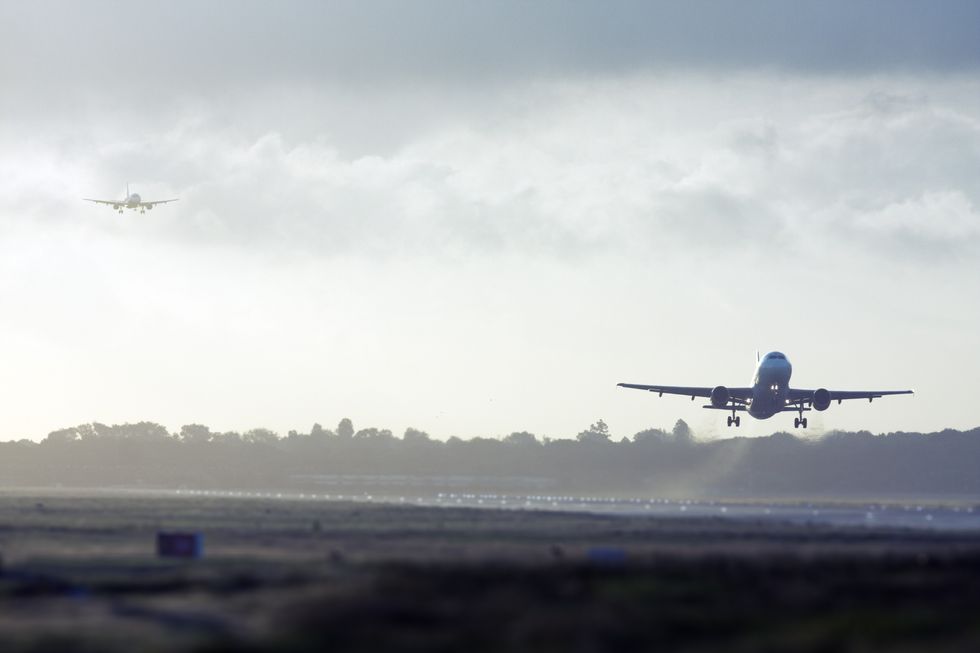Travellers visiting Spanish hotspot hit with new eco-tax amid growing 'over-tourism' concerns

The volcanic peak attracts more than four million visitors annually
Don't Miss
Most Read
Latest
Tourists visiting Mount Teide, Spain's tallest mountain on the island of Tenerife, will face a new "eco tax" from next year.
The charge comes amid growing concerns about "over-tourism" in Teide National Park.
The popular volcanic peak, which attracts more than four million visitors annually, has become a flashpoint in the wider debate about sustainable tourism in the Canary Islands.
Rosa Dávila, the head of Tenerife's governing council, announced that security cameras would also be installed to control visitor numbers to the park.

Mount Teide is Spain's tallest mountain
|GETTY
However, Dávila has not specified what constitutes an "excessive" number of visitors.
The council has also not revealed what actions would be taken when the system detects "saturation" in the national park.
Environmental groups have criticised the measures as insufficient, demanding a substantial reduction to the park's annual visitor numbers.
Meanwhile, Tenerife's government announced this week that a tourist tax would be charged on all tourists visiting the island.
This broader tax comes as part of the island's response to growing concerns about the sustainability of its tourism industry.
The announcements come as protests against mass tourism are set to take place on May 18 across most Canary Islands, with only La Gomera not participating.
Organisers say they are staging the demonstrations because their previous demands "have fallen on deaf ears".
LATEST DEVELOPMENTS

Tenerife's government said a tax would be charged to all tourists visiting the island
|GETTY
Protesters are calling for a moratorium on tourism developments, an eco-tax, tighter residency laws, increased surveillance of natural areas and a halt to large-scale projects like the Cuna del Alma development.
Spain's tourism boom has sparked a wider backlash across the country. In Catalonia, Spain's most popular region for visitors, plans to increase the daily tourist tax to a maximum of £15 were postponed last month.
The regional government delayed implementation until October at the earliest, abandoning plans to introduce it by decree.
Locals in tourist hotspots including Barcelona, Andalusia and the Balearic Islands have complained that surging visitor numbers are changing neighbourhoods, increasing property prices and overwhelming infrastructure.











